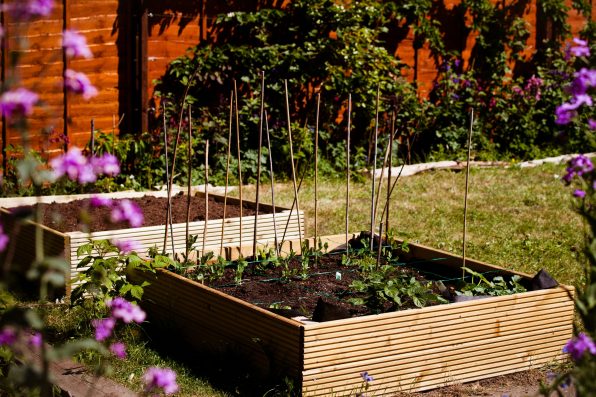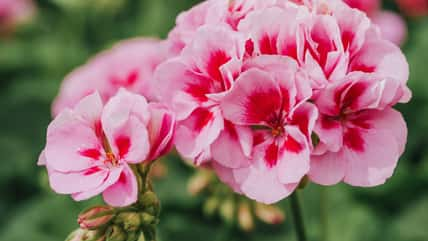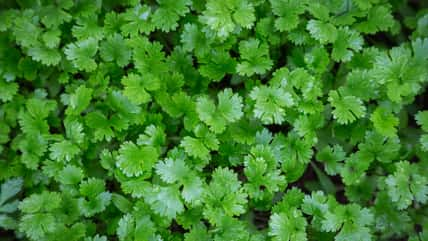Raised Vegetable Gardens Aren’t Just A Trendy Aesthetic: Here Are The Various Benefits And How To Create One In Your Very Own Backyard

Gardening isn’t just a hobby; it’s a lifestyle. And when it comes to growing your own food, raised vegetable gardens have become a game changer.
For those with limited mobility, a small amount of space, challenging soil conditions, or just a love for organized aesthetics, raised gardens are the way to go. Let’s delve into why these elevated patches are all the rage and how you can start your very own.
Why Raised Gardens?
While they might just seem trendy, raised gardens are actually a very smart gardening solution.
First of all, they offer better drainage, which is a godsend for plants that dislike wet feet.
Since they are elevated off the ground, they also mean less bending and kneeling– saving your back and knees during those long gardening sessions and making gardening more accessible.
Plus, raised gardens are a fantastic way to beat challenging native soil conditions by giving you complete control over the soil in your garden beds.
On top of that, raised beds warm up faster in the spring and stay warm longer into the fall, extending your growing season. This is especially useful in cooler climates where ground soil takes longer to warm. So, the added warmth can significantly improve germination rates and overall plant growth.
Lastly, raised gardens can help deter some pests, like slugs and snails, and make it easier to install barriers for burrowing animals.

Alix Marina – stock.adobe.com – illustrative purposes only
The elevation also tends to reduce weed problems, as many weed seeds are less likely to reach the raised beds. And when they do, they’re much easier to spot and remove.
Planning Your Raised Garden: Location, Size, And Materials
Before you start building one in your very own backyard, the most crucial first step is selecting the right spot.
Be sure to look for a sunny area that gets at least six hours of sunlight daily. Then, in terms of size, think about what you want to grow and how much space those plants need.
As for materials, untreated wood, like cedar, is a popular choice for its durability and natural look. But don’t shy away from creative options like galvanized steel or even repurposed materials for an eco-friendly touch.
Soil And Compost: The Heart Of Your Garden
The soul of your garden lies in its soil, and a mix of topsoil, compost, and other organic matter will give your plants the nutrient-rich environment they need to thrive.
Remember, good compost is like gold for gardeners– it improves soil structure, provides nutrients, and helps retain moisture.
Choosing Your Plants: From Leafy Greens To Colorful Veggies
Now comes the fun part: selecting what to grow. If you’re a beginner, it’s best to start with more forgiving veggies like lettuce, radishes, or cherry tomatoes.
You can experiment with different varieties to add color and excitement to your garden and plate. Just don’t forget to consider companion planting to maximize space and improve plant health.
Watering And Maintenance: Keeping Your Garden Happy
Regular watering is also crucial, especially during the warmer months.
A drip irrigation system can be a great investment for keeping your plants consistently hydrated. Also, regular weeding and checking for pests will keep your garden healthy and productive.
Reaping The Rewards Of Your Labor
Arguably, the best part of this entire process will be getting to harvest your own vegetables at the end.
All you have to do is pick your veggies when they’re ripe and get ready to enjoy the freshest, most flavorful produce you’ve ever tasted. Also, keep in mind that the more you pick, the more your plants will produce.
Sign up for Chip Chick’s newsletter and get stories like this delivered to your inbox.
More About:Gardening





